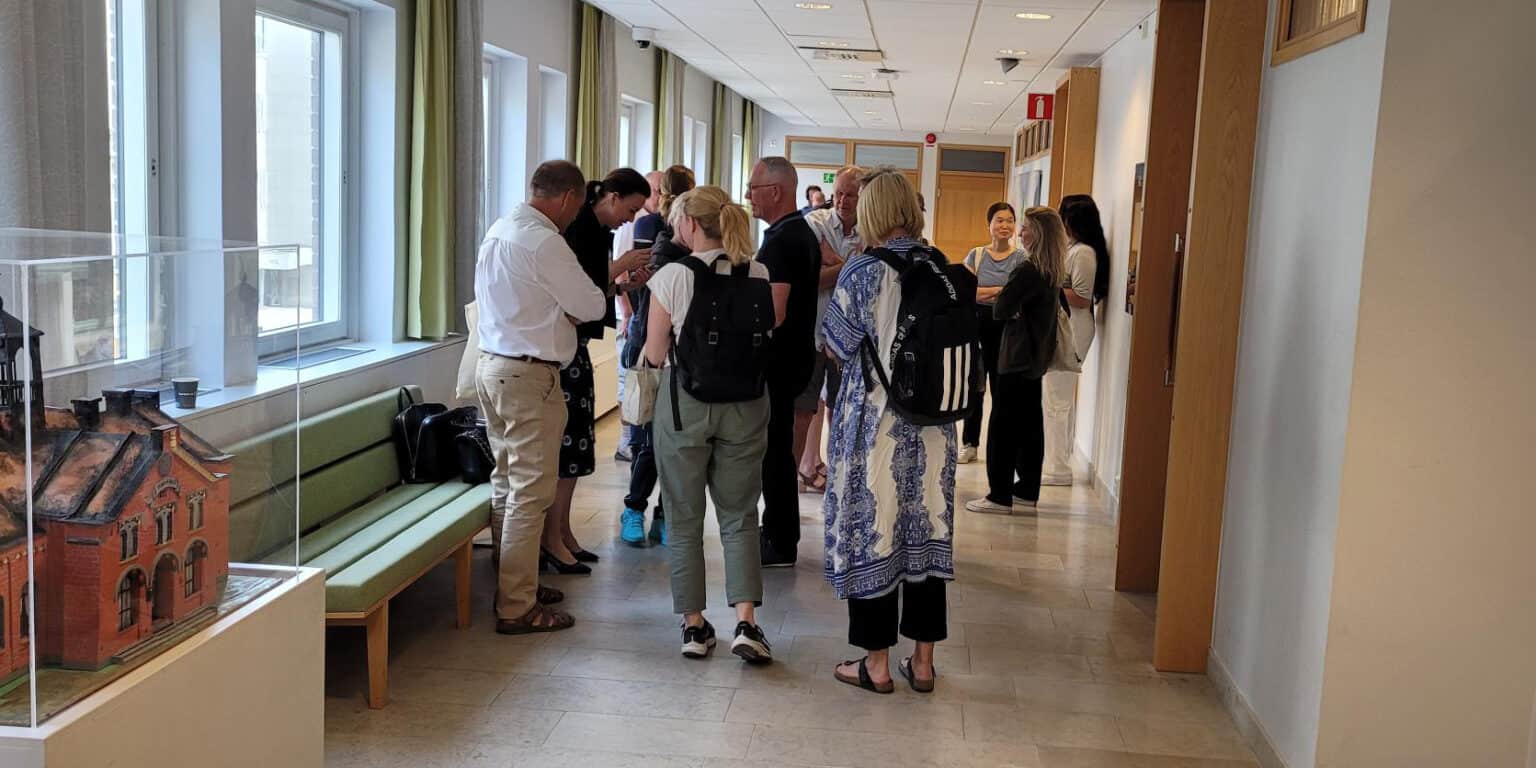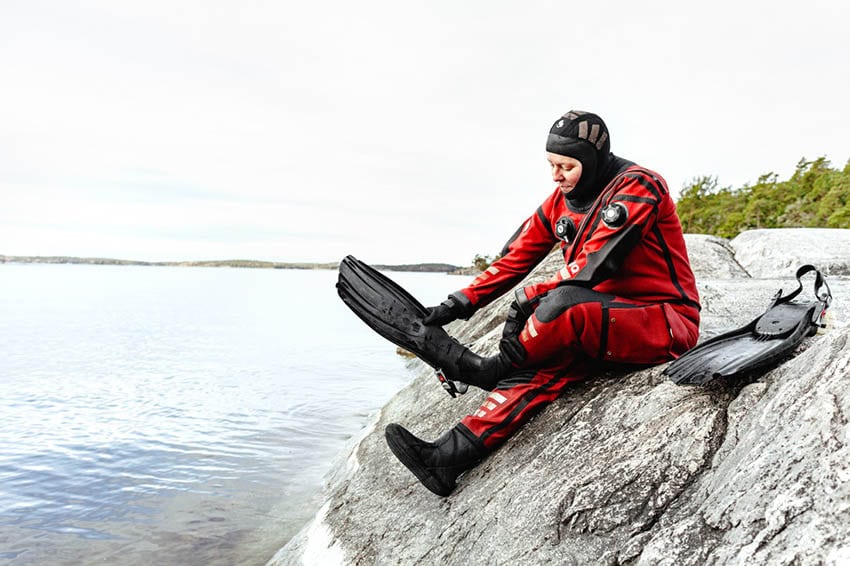The trial at the Uppsala District Court concerned a study in which approximately 400 people were tested for antibodies against covid-19 in the spring of 2020. A researcher was charged with violating the Ethical Review Act, as there was no ethical review approval for the study.
But according to the accused researcher, the matter in question was not a research study, but a sampling that was conducted among friends and acquaintances together with seven colleagues. The antibody tests were left over from a study where the researcher had evaluated a specific antibody test.

No application required
That means that there was no need for an ethical review application, the accused researcher explains in an interview with Universitetsläraren immediately after the trial. “We have not done any research. As the witnesses and I described in court, we had evaluated a test, which turned out to be amazingly good. These tests were left over and would soon have become unusable, and we had friends and acquaintances crying out to be tested.”
The researcher was prosecuted at the end of 2021, after being charged by the Ethics Review Appeals Board. The trial was originally due to take place a year ago, but was postponed.
In her closing arguments, lawyer Hanna Lindblom emphasised that the accused researcher offered leftover tests to people who needed them at the beginning of a pandemic.
“A complaint marinated in misunderstanding”
No results were reported to the Public Health Agency, she continued, contrary to what has been reported in the media. There was no selection of test subjects and the accused researcher has had ethical review approval for the research they have done elsewhere.

“The Ethics Review Appeals Board complaint is marinated in misunderstanding. These ‘friend tests’ are not research and they (the researcher, editor’s note) are not a research group leader,” said Lindblom.
Chief prosecutor Micael Dahlberg, on the other hand, believes that it is quite clear that this was a research study. He refers to the fact that eight professors took blood samples from the fingers of several hundred people.
“Normally speaking,” he tells Universitetsläraren after the first day of the trial, “professors are not found at health centres. Therefore, I think that suggests that they had some other interest than just telling people that they didn’t have antibodies. There was an underlying purpose.”
Prosecutor believes it was research
The fact that, as he states, the results of the study have since been compiled is one of the prosecution’s strongest pieces of evidence. “That is what I believe to be research,” says Dahlberg.
In his closing arguments on the second day of the trial, Dahlberg also emphasised that the accused researcher can be considered the leader of the study, since they had access to the antibody tests from the start and were the person who distributed the tests to the others in the group.
In the event of a guilty verdict in the case, prosecutor Micael Dahlberg wants to see a fine at the upper end of the scale. “I do not believe that this is a case that should result in imprisonment,” he says.

Directly after the trial, the accused researcher says they are pleased under the circumstances and describes the case as important, as it is the first to go to court under the new Ethical Review Act of 2020. “What makes this trial interesting is that if I were to be convicted, then we would have huge problems in Sweden regarding research.”
Sees problems with the ethical review system
The accused researcher estimates that the prosecution process have taken up about half of their work capacity over the first two years. “If we’re talking about feelings, suffering and private pain, anyone can understand what it’s like to be doubted as a researcher. My entire 33-year research career is being called into question,” they say.
The researcher sees a number of problems with the Ethical Review Act, and believes that there will be many complaints, prosecutions and convictions if the District Court concludes that the ‘friend tests’ that they and their colleagues carried out were illegal.
“We can look at it the other way and say that what we did to help people during a raging pandemic, that has now been taken to court. That sums it up.”
The verdict is expected on 30 June.
















